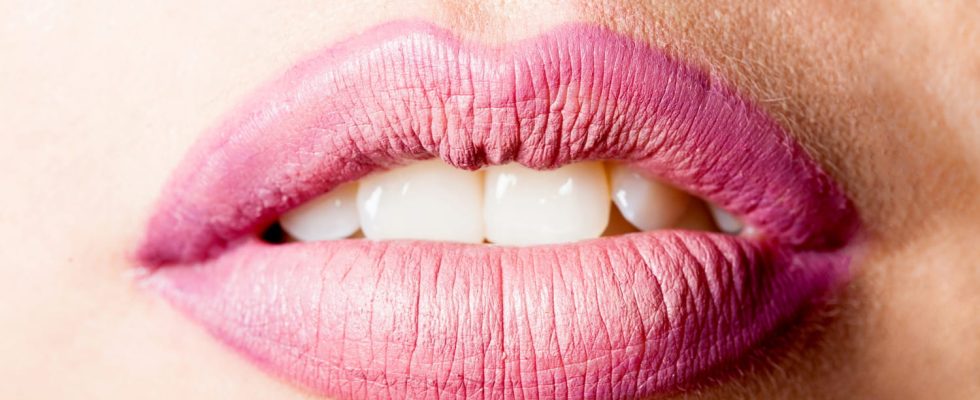Xerostomia or the feeling of dry mouth is often linked to dehydration of the mouth. What are the causes ? When to consult for a dry mouth?
Definition: what is a dry mouth?
“There xerostomiaOr dry mouth syndromeis a term used to define a dry mouth feeling“ says Dr. Rachel Chau, dentist. It is not necessarily following a reduction in saliva secretion, or hyposialia, or even an absence of saliva secretion called Asia. “It is above all a feeling of the patient” remarks the dentist.
What are the symptoms associated with dry mouth?
In addition to the feeling of dry mouth, xerostomia is accompanied by sensation intense thirst, difficulty chewing and sometimes speaking. “The patient may also feel like their mouth is burning and irritated. Dry mouth is also often accompanied by chapped lips” specifies the expert. Finally, bad breath (or “halitosis”) can make the discomfort worse.
What are the causes of dry mouth?
Several mechanisms can be involved in the decreased saliva production :
- dehydration
- salivary gland pathologies
- certain medications (diuretics, antidepressants, etc.)
- “the syndrome of Gougerot-Sjogren, an autoimmune disease responsible for dryness of the eyes, mouth and genital mucous membranes. The body attacks itself against the glands, particularly salivary and tear glands.” specifies Dr. Chau.
- diabetes
- chronic kidney disease
- stress/anxiety (occasionally)
- the tobacco,
- the alcohol
- radiotherapy of the orofacial sphere
- chemotherapy
- fever
- sleep with your mouth open
When to consult in case of dry mouth?
“As soon as the patient is embarrassed by its feeling dry mouth, he can mention it to his dentist. If dry mouth returns to many times Also, you should talk to your doctor about it.” suggests Dr. Chau.
The diagnosis of dry mouth is easily identified by mouth examination. It is detected following the patient’s complaints. “The dentist will then try to establish the causes of this sensation: medications, chemotherapy, salivary gland pathology, etc. We can perform a saliva test which consists of spitting with or without stimulation (gum) to assess salivary flow” explains the dentist. In the event of persistence or suspicion of salivary pathology, tests can be carried out to check the proper functioning of the salivary glands. It may bean imaging test (radiography, ultrasound or sialoendoscopy) or, more rarely, biopsy of a gland.
Dry mouth generally does not require no treatment and goes away on its own. Good hydration, oral hygiene care and stopping smoking are essential. “We can prescribe mouthwashes, moisturizing sprays or toothpastes against dry mouth to soothe the patient. The patient must ensure drink more water, in small quantities but more regularly” recommends Dr. Chau.
To prevent dry mouth, it is recommended:
- Of hydrate regularly
- To have a oral hygiene impeccable
- Fromstop smoking and reduce your alcohol consumption
- Of chewing gum sugar-free to activate the salivation process
- To put a humidifier in the bedroom if dryness occurs mainly at night
- Drink a large glass of water before sleeping and put one on the bedside table
- Fromavoid spicy or overly salty foods which dehydrate
Prevention always involves identifying the causes leading to this feeling of dryness in the mouth.
Thanks to Dr. Rachel Chau, dentist.
